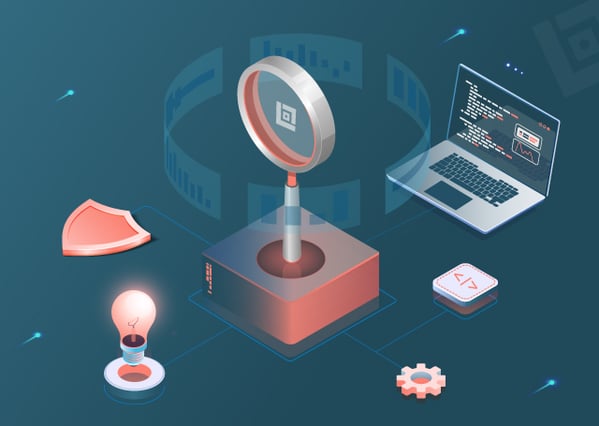
Good question! But unfortunately, choosing the perfect test automation tool has little to do with playing favorites and everything to do with requirements and the various parameters you’ve set for your project. In terms of language, the closest we’ll get to “favorite” is “most widely applicable” or “commonly used”.
We’ll list off a few of those later on, but first, let’s look at some of the factors that will affect your automation tool search:
- Application(s) you want to automate (web, desktop, client server, mobile, etc.)
- Technologies being used to develop your application
- Preferred coding language and skill sets on your end
- Necessary tool integration (TCMS, bug reporting, source code management, continuous integration, etc.)
- Desired execution report types
- Preferred external source for relaying data into the script (CSV, XML, Excel, JSON, etc.)
- One-time solution or common, cross-platform solution (web, desktop, mobile, etc.)
- Desired execution scope (environments, OS and browsers)
As you can see, it’s not as simple as relying on a time-tested favorite -- the specific needs of your automation project dictate the tool(s) that you decide to use. Just because you like the UI or some other feature of a tool doesn’t mean that you should strain to make it fit your project.
So what exactly are some of the common tools available in the market today? There’s a bunch out there, and rightly so. Here’s a brief rundown of the test automation tools our own experts use and review, along with a brief explanation of their core features:
Selenium: Popular testing framework for web apps. It includes a helpful record/playback tool and lets you write tests in a number of common programming languages.
Sahi: Another option for automating and testing web apps.
Ranorex: A GUI automation framework designed to test desktop, web and mobile apps.
AutoIT: Used for general scripting and automating Windows GUI.
Squish: A GUI test automation tool that is cross-platform and cross-technology. For use with apps based on Qt, Java SWT/RCP, Java Swing, MFC/.NET, Web/Ajax, iOS and more.
TestComplete: Expansive automation solution that lets you create, manage and run tests for desktop, web or mobile client software.
Telerik TestStudio: A versatile tool that can be used to test web, desktop and mobile apps. It can automate tests for a broad range of technologies, including: HTML5, AJAX, JavaScript, Silverlight, WPF, MVC, Ruby, PHP, iOS and Android.
Appium: Test native, hybrid and mobile web apps with this versatile, open source test automation tool.
Calabash: A cross-platform framework used for mobile app testing that supports Android/iOS hybrid and native apps. Calabash uses clear, easy-to-understand language syntax making it a great choice for non-technical teams looking to execute automated tests.
Unified Functional Testing (UFT): Formerly known as Quick Test Professional, UFT is used for functional, regression and service testing. UFT helps record/automate actions on a web or client-based app and test them across different user accounts, data sets, browsers and Windows operating systems.
Need more insight into making the right test automation tool choice?
Grab our free whitepaper here:




